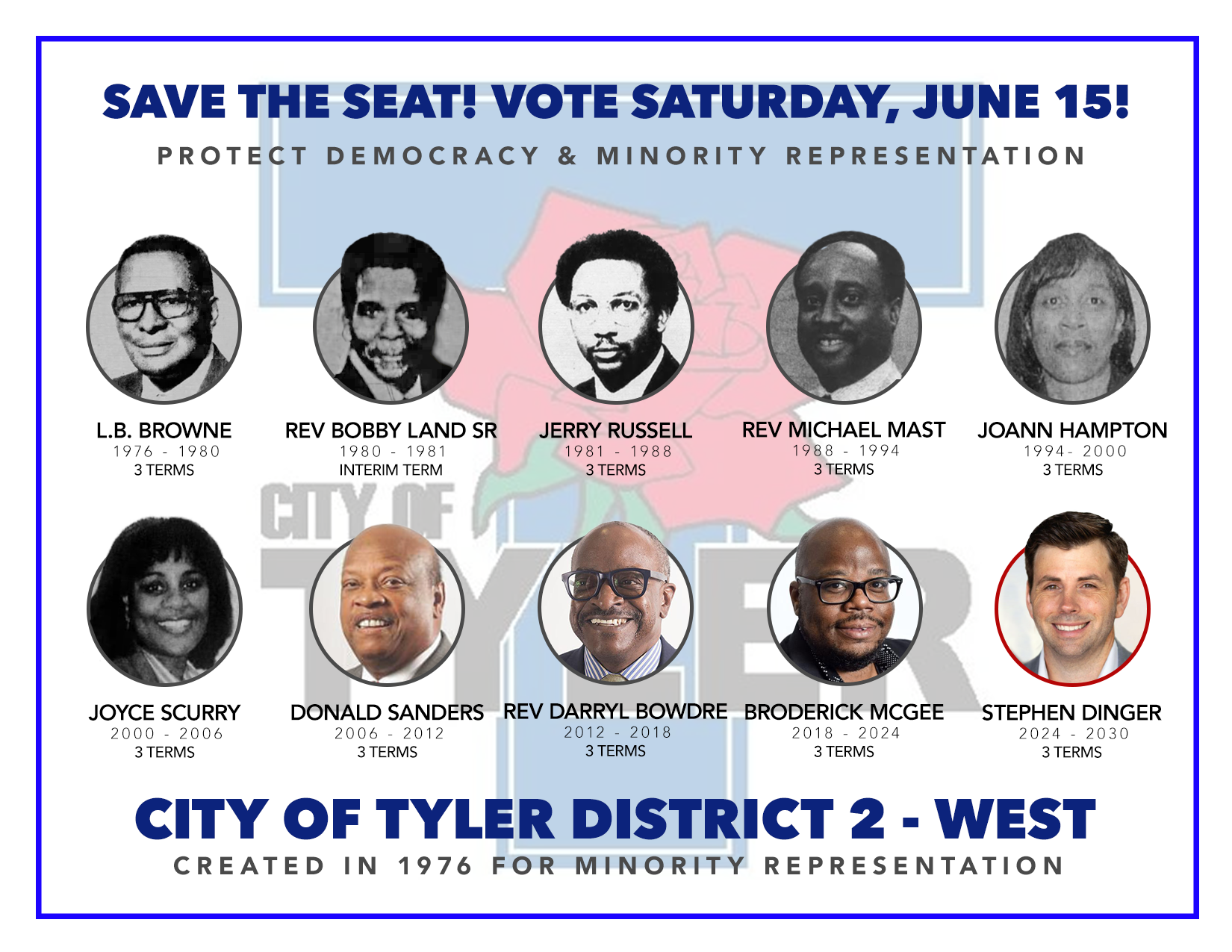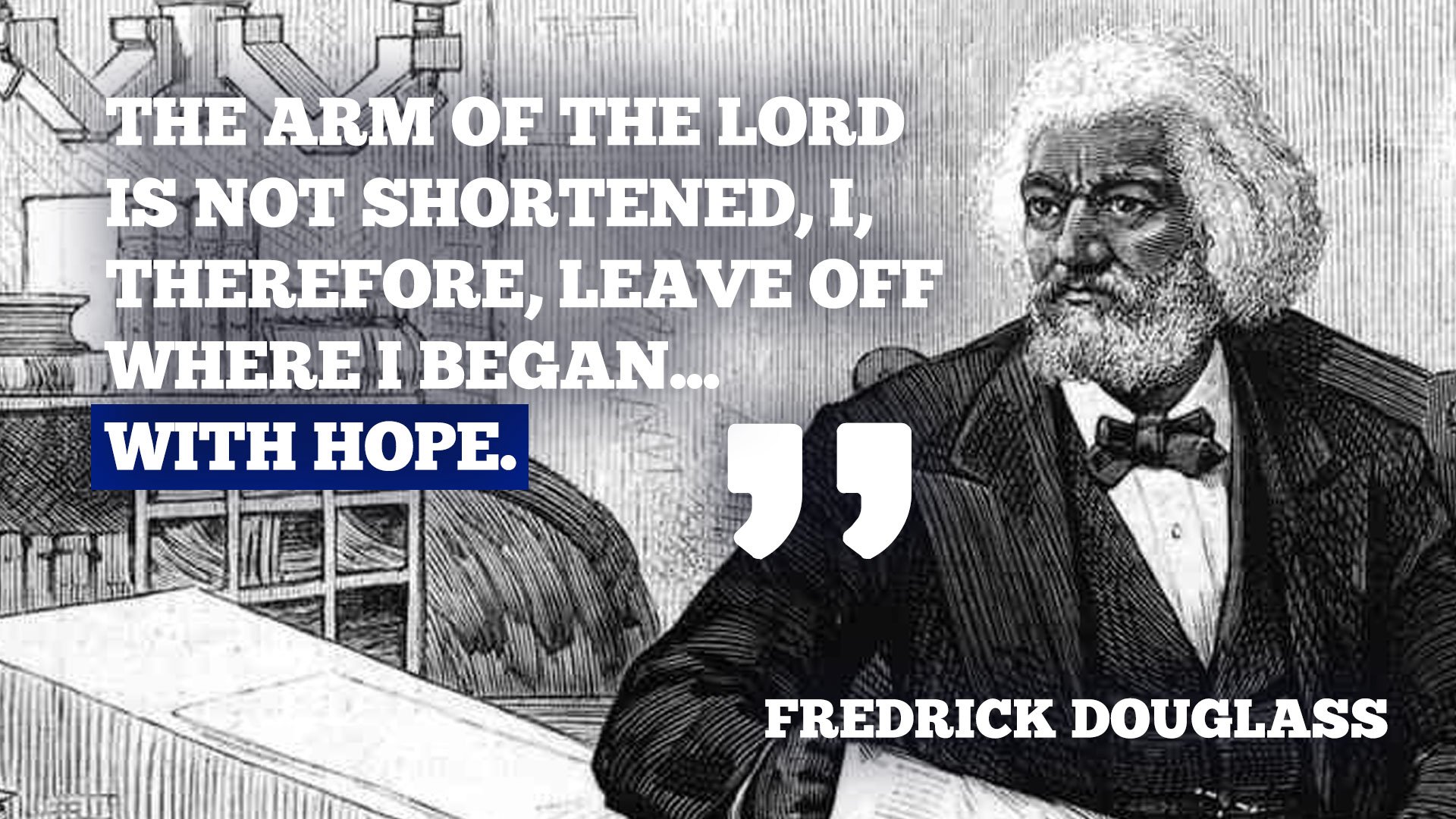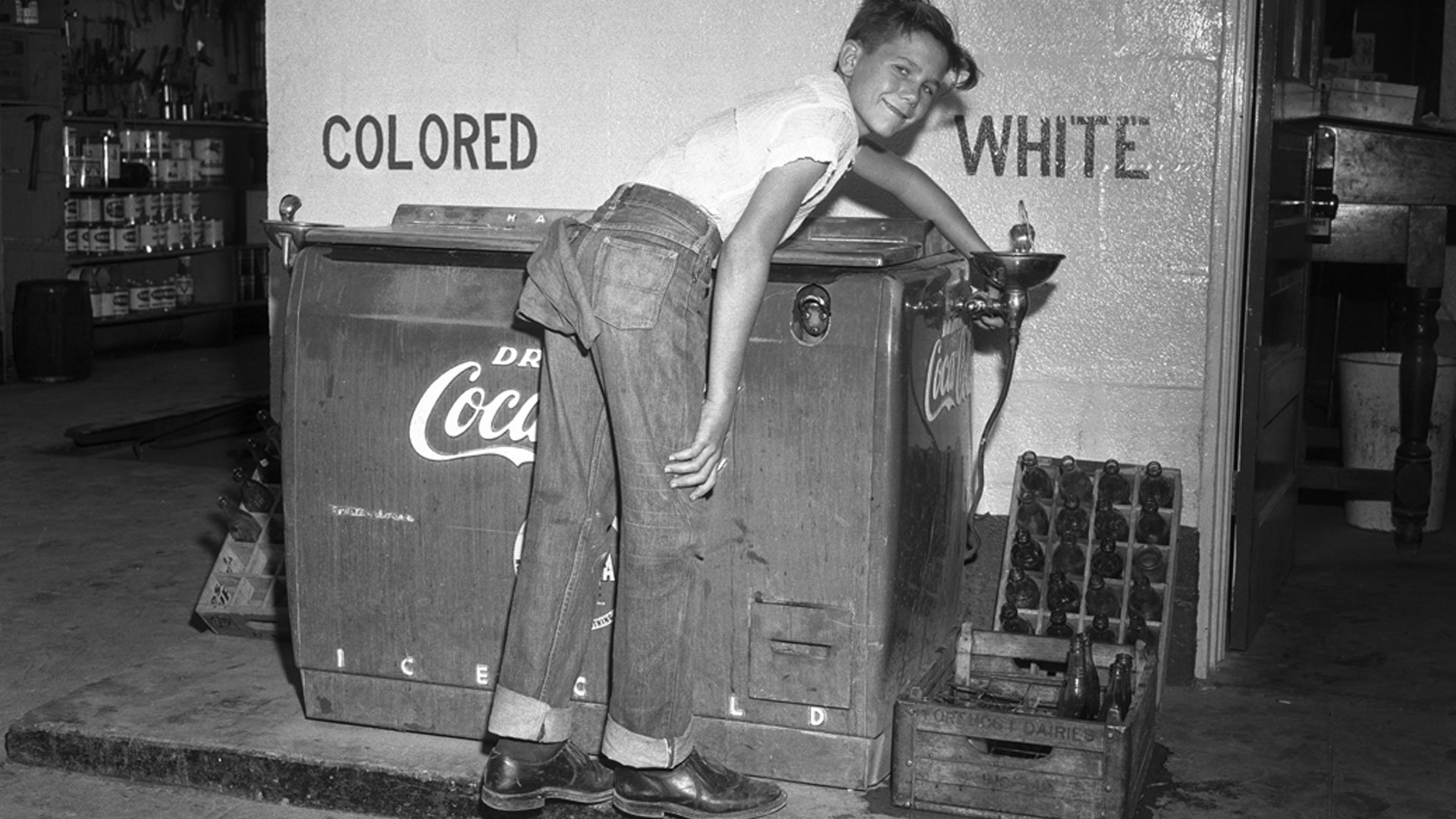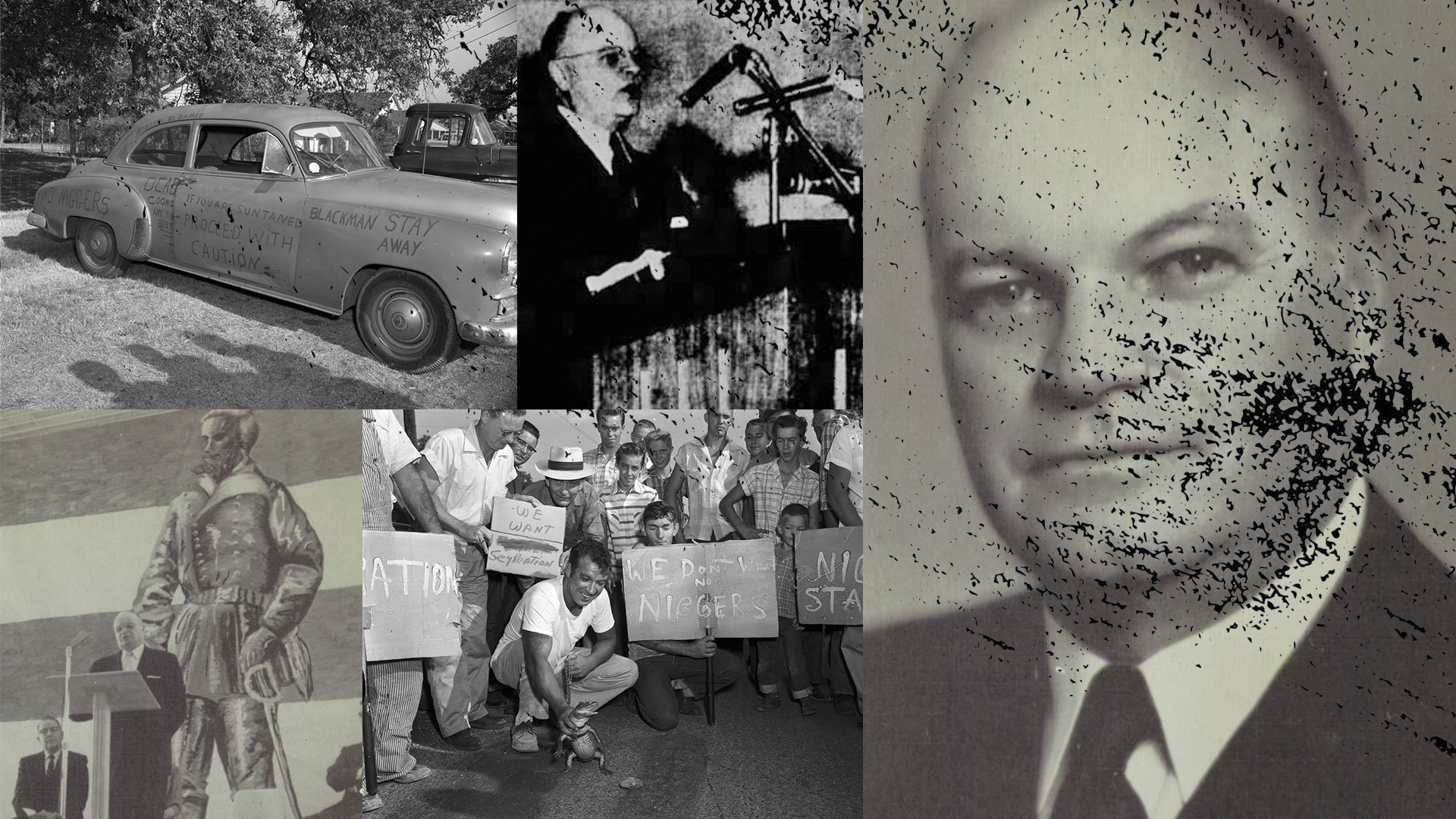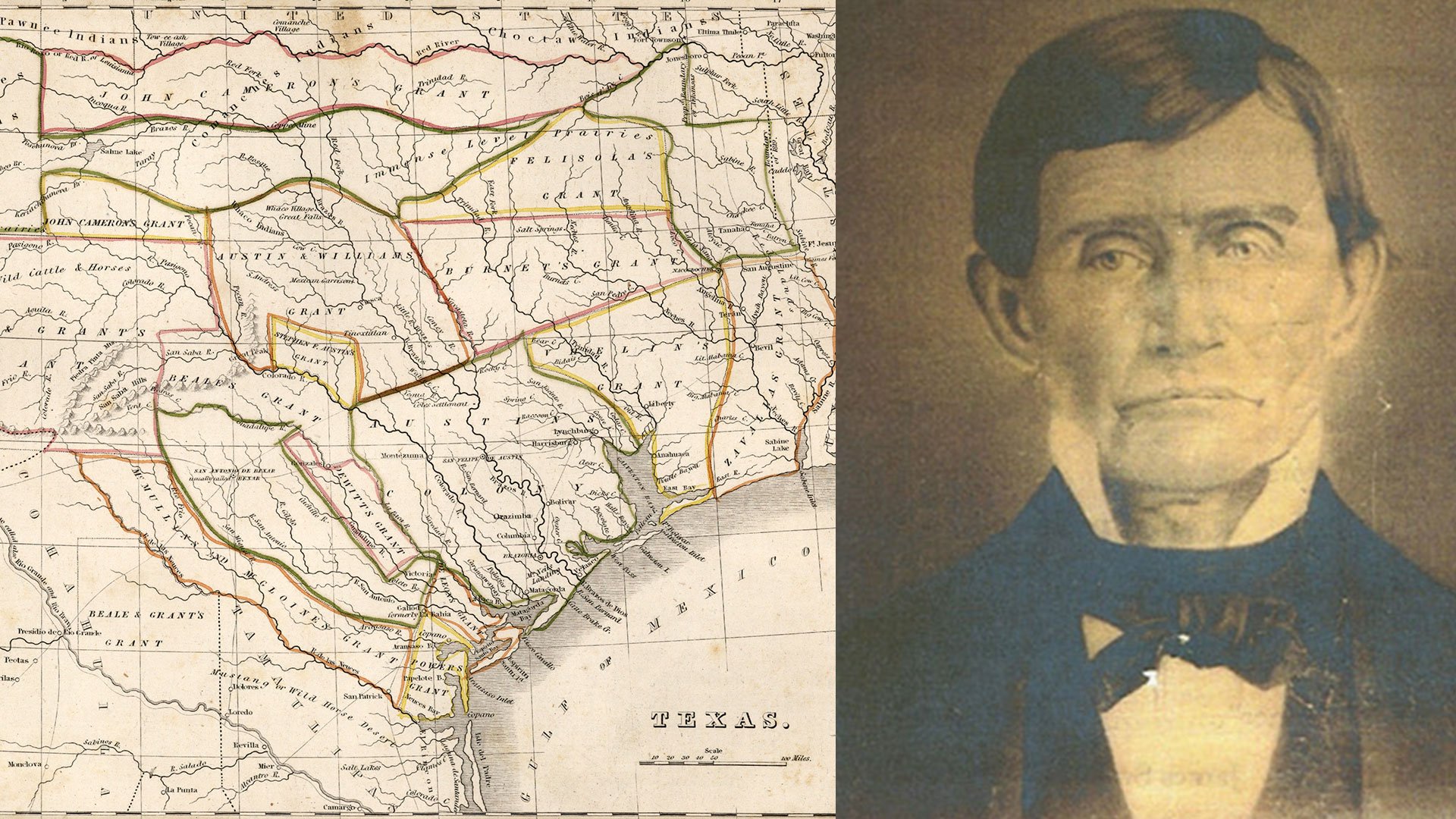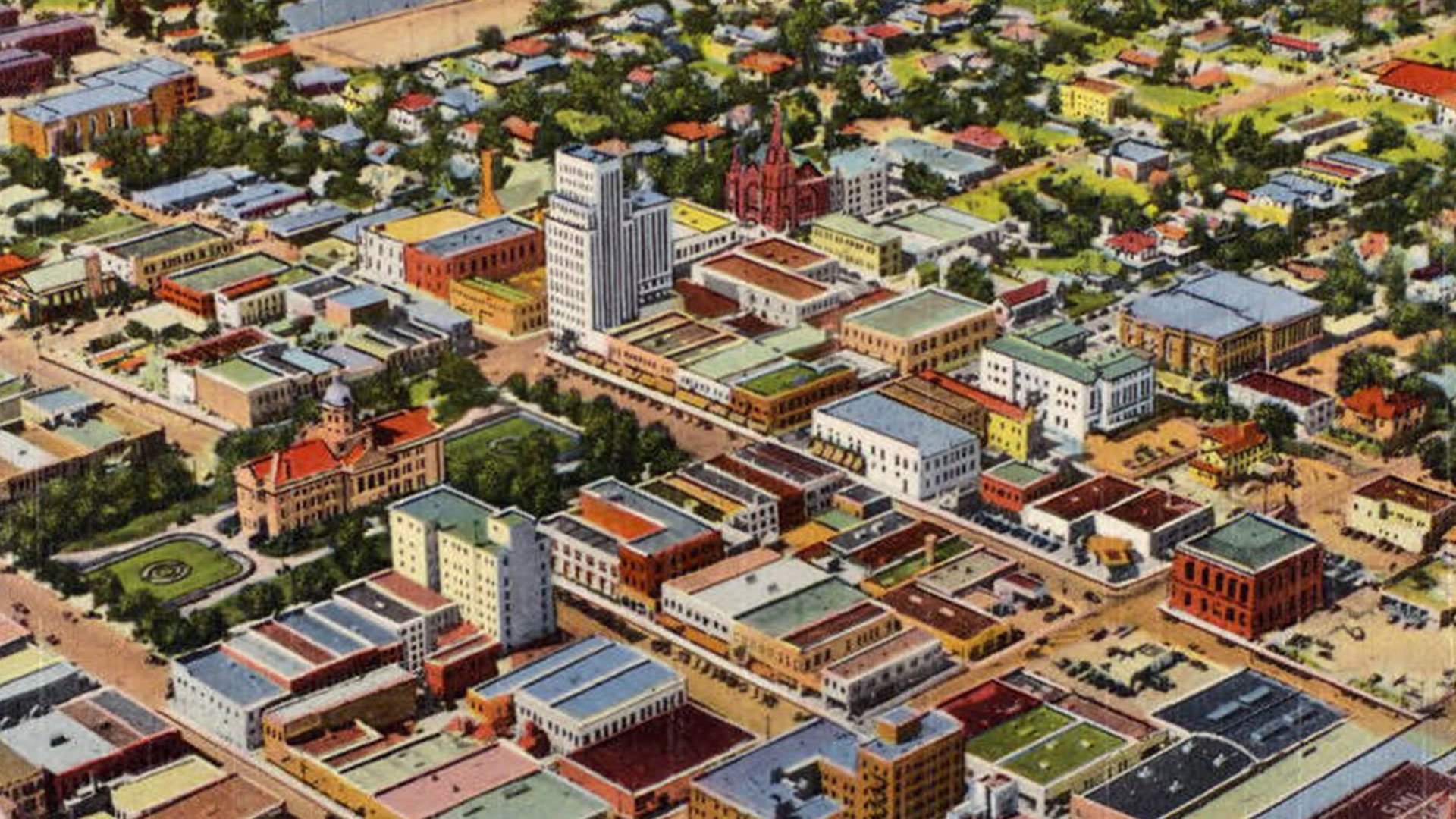Tyler’s District 2 & Dangers To Black Representation
Dinger’s candidacy for Tyler’s District 2 City Council seat threatens to unravel decades of progress toward racial equity and democratic integrity within a district specifically designed to empower the Black community. This not only risks a return to imbalances that the district was created to eliminate but also sets a troubling precedent that could fundamentally alter the political landscape, with significant repercussions for democratic governance and social equity.
Beyond Hypocrisy: July 4th as a Call to Reimagine America
As we commemorate July 4th, let us not gloss over the inconvenient truths that mar America's past and present. To truly honor the principles of freedom and justice, we must confront the hypocrisy that has stained our nation's history. It calls for honest dialogue, education, and a commitment to dismantling systemic injustices. July 4th can catalyze reflection, growth, and a collective effort to create a more inclusive and just society. Will we let it be a catalyst for a better America, or will we succumb to pressure to deny the truth to support our fabled origin stories?
The Struggle for MLK Jr.'s "Beloved Community"
However, as we navigate the complexities of our present reality, we find ourselves confronted with persistent threats emanating from neo-Confederate values and toxic white supremacy. In this blog post, we delve into the struggle to realize Dr. King's vision, exploring the challenges we face and the collective efforts needed to overcome them.
Confederate Karens - The Lost Cause of Tyler’s United Daughter’s of the Confederacy
THE GREATEST DAY OF THE TYLER UDC - It was estimated some 5,000 or more were gathered on the grounds of Oakwood Cemetery, among them a number of choirs from all the area churches. Children dressed in white scattered flowers over the newly restored Confederate dead plot. For decades to come, this would be remembered as the happiest occasion the Mollie Moore Davis U.D.C. Chapter ever experienced. The celebration was more than a veneration of the dead but also a lesson in the cause of White Supremacy.
Tyler-Area Freedwoman Shares Stories Of Slave Dungeons, Lynchings, Starved Slaves, & Wishing To Be White
The following account was taken from work produced by the Federal Writers Project, 1936-1938. The work was called the Slave Narrative Collection. It was a set of 2,300 first-hand interviews of former slaves and included more than 500 black and white photos of the interviewees.
SHORT BIO - Hagar Lewis, tall and erect at 82 years of age, now lives at 4313 Rosa St., El Paso, Texas. She was born a slave in 1855 near Tyler, TX to the William Martin family. William's daughter Mary married John M. McFarland on Feb 21, 1856. Hagar and her mother were given to Mary as a gift. The Rev. Joshua Starr performed the ceremony. Starr helped found Marvin Methodist Church.
The McFarlands lived in Garden Valley, near Tyler. After the Civil War, Hagar remained with the McFarland family until she married A. Lewis. They both moved to San Antonio, Texas. Widowed early, Hagar raised two sons. One son became a chief electrical engineer with the U.S. government; he lives in New York City. He provides for his aged mother.
THE MORAN FILES: HIS FAITH & HIS FIGHT
To better understand the drive Congressman Moran has to engage in today’s fake Culture Wars, it is essential to look at his formative influences, which charismatic Christianity undoubtedly guided.
THE MORAN FILES: WAR AGAINST WOKEISM
Congressman Nathanial Moran Promised To Wage A War Against Wokeism. He’s Devoted To Saving America From Cultural Marxism. But… Is Cultural Marxism Even A Thing?
Tyler's Defacto Christian Segregation Academies
These segregation academies & their textbooks should be examined not only for the racism at work in the white Christian community and how they reinforce right-wing extremism and fascism but also for the significant resource drain it created from the public school system, both financial and intellectual, that worked for half a century against the best interests of the remaining students.
Texas Rose Festival Has History Of White Only Queens, Founded By Racist
What exactly was Ramey's contribution to the local and regional culture? What was once a local event would become a nationally known affair under Ramey's direction. First, he helped organize his vision, and that of rose growers and the supportive business community, into something glorious, complete with a debutante ball, celebrated queens, and their large courts for the white elite, including rose growers. Parades and other fares would invite the rest of the town to participate, except for black people. It is important to remember that this event was born at the height of Jim Crow, America's racial caste system. This legacy will haunt the festival to the present day.
Tyler’s Early Church Endorsed White Supremacy
It was a matter of Southern theological pride to be among the slave-owning class, and it was supported by “the overwhelming majority of churches and ministers” in the South, especially in Tyler, Texas. Southerners engaged in “the white man’s burden” or the “Lord’s work” would soon be stunned by the defeat of the Confederacy and the end of their way of life. “And so after the Civil War Blacks and whites simply went their separate ways,” Texas College professor of history and religion Edward J. Robinson says. “It’s called de facto segregation.”
Leading Up To The Birth Of The Republic of Texas, The State, & Smith County
Upon declaring itself a sovereign nation, one of the first acts of the new Republic was to cement “the existence of slavery forever in the young nation’s constitution.” Interestingly, in the 10yr history of the nation, a successfully stable government and a working economy was never established. It eluded the new Texans.
Nevertheless, the centrality of a slave economy revealed itself as the slave population grew exponentially. At the beginning of the Republic, slaves numbered 5000 souls. In less than ten years, the population soared to 30,000 souls.
Stephen F. Austin, Cotton, & Chattel Slavery In Texas
Cantrell, the author of Stephen F. Austin: Empresario of Texas said, “He understood very clearly that the cotton economy depended upon slave labor. On numerous occasions, when people raised this issue with him, he said, ‘Texas must be a slave country,’ and he put his money where his mouth was.” Austin lobbied hard to ensure slavery in Texas despite the attempts of the Mexican government to ban the institution. However, in 1824, Mexico passed the General Colonization Law, which enabled all heads of household, regardless of race, religion, or immigrant status, to acquire land in Coahuila y Tejas. Mexico was attempting what the United States offered in the constitution to land-owning white men; life, liberty, and land ownership to all peoples, including Black peoples.
Tyler Settlers Eradicate Caddo People & The Discovery Doctrine
Then American settlers, influenced by their own culture’s long history of warring with Native Americans, moved to modern-day East Texas from South Carolina, Georgia, Alabama, Mississippi, and Louisiana. Empowered by their sense of racial superiority and validated by their Christian faith, southerners imported to the northernmost region of Tejas their dreams of accumulating incredible wealth using the relatively free labor of “subhuman” African peoples. What justified white settlers taking lands that did not belong to them?
The Catholic Church took most of the credit.
Introduction To Tyler’s Very Racist History
So, it is my firm belief as a humanitarian the weight (burden) of white supremacy, racism, and hate needs to be discussed among Tylerites and East Texans of all races and of good faith. It requires a reckoning. Why? Because I am not alone in thinking the soul of America has been suffering under the weight of sin. According to a Wall Street Journal / NBC News poll in July 2020, 56% of the public agrees, “American society is racist.”[4] 78% of African Americans believe that racism is alive and well. And 60% of Hispanics agree. Our culture is sick. Tyler is sick. And we need to experience healing. I believe that the good people of Tyler want to move toward becoming a more welcoming and loving city. Which requires we heal our divides by engaging in the process of truth-telling, acknowledgment, and confession.

